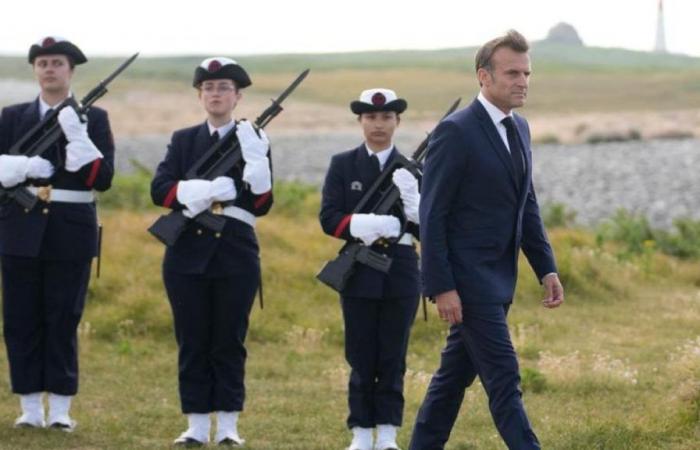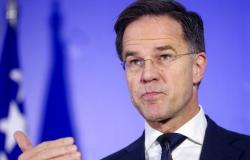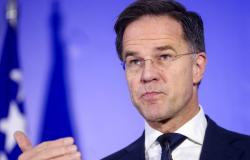
OfStefano Montefiori
The president’s entourage: however the vote goes, the French Constitution is clear
FROM OUR CORRESPONDENT
PARIS – To the children on a school trip who met him at Mont Valérien, where the Nazis shot partisans, Emmanuel Macron gave this explanation of the early elections yesterday: «It was necessary for people to clarify their choice, given that many in the European elections voted for the extreme wingsand given that I only have a relative majority in the National Assembly and there was impressive disorder. I still have three years to go, at the Elysée, so I asked for clarity. This is why we are in a bit of a state of upheaval.”
At the Elysée, the president’s advisors offer the same version, obviously more complex. If some ministers and even some first-time Macronists already seem tempted to reposition themselves and aim to save themselves from the Titanic, Macron’s small entourage shows cold blood and lists the arguments for which the dissolution of the Assembly was not the suicidal choice that it seems to many. The almost unsustainable scenario for Macron, the one that would demonstrate that it was a mistake, will be, on the evening of July 7, a triumphal victory of the Rassemblement national with an absolute majority in the Assembly, and therefore with the young, inexperienced and non-Macron compatible Jordan Bardella new prime minister.
But the worst is never certain, it is underlined at the Elysée. Even if the political-media climate these days in France is of a yes-for-all who may be considered excessive and out of place, a great statement by Bardella is still considered not to be taken for granted at all.
Relative majority perhaps, absolute will be difficult, and Bardella himself says that he will only accept being prime minister if he has an absolute one. But even in that case, the worst of all, at the Elysée it is underlined that the French Constitution is clear: foreign policy, international alliances and defense remain the prerogatives of the President of the Republic, or Emmanuel Macron for another three years, and this continuity will remain unbreakable with any majority and with any prime minister. And if there was some confusion in 1986-1988 on the occasion of the first cohabitation between President Mitterrand of the left and Prime Minister Chirac of the right, the reform of the Treaties which occurred afterwards resolved the issue: at the European Council it is the president who represents the France.
The European elections of the much talked about advance of the far right will ultimately give birth to the usual coalition, that between the People’s Party, the Social Democrats and the liberals of Macron and others. All the more reason to consider the use of early elections in France a paradox, but the risk was calculated. After the summer the budget law will have to be voted on, and the current majority would most likely have been rejected, with Macron forced by the Constitution to go to the polls.
The president preferred to anticipate and manage times and methods himself. In any case, he will remain head of the armed forces until 2027, the military planning law already approved will remain valid until 2030, the European partners – including Giorgia Meloni’s Italy – will still need a reliable and coherent interlocutor, unlike the Nouveau Front Populaire which claims to keep Glucksmann pro-Ukraine and Mélenchon pro-Putin together, or of the Rassemblement national of the photos of the Kremlin during the election campaign in 2016, of the loan obtained from a Russian bank, or of anti-Atlanticism pushed to the point of evoking an exit from NATO. Above all, in the “Château”, the unofficial name of the Elysée, there is optimism because the balance of recent years is considered objectively positive: unemployment at historic lows, re-industrialisation of the country, pact on migration and asylum, management of the pandemic, readiness in dealing with Russia. The unknown remains of how much the facts count in France today and how much the anger and aversion, even irrational, towards the president weigh, but the Elysée is certainly not the best place to measure it.
June 18, 2024
© ALL RIGHTS RESERVED





